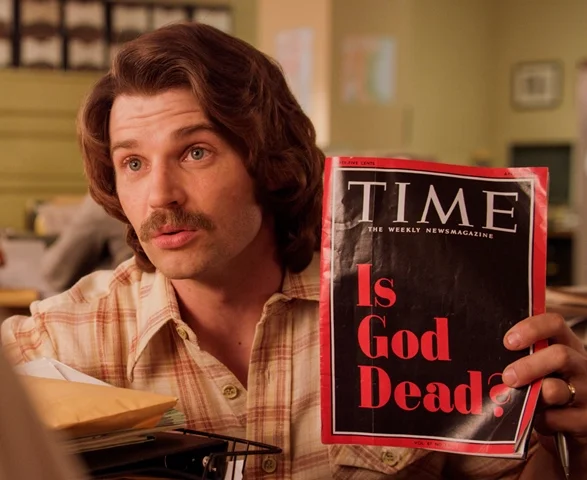When the Rev. William Greason tells his own story, he stresses that God gave him the ability to throw a baseball, but that gift wasn't what mattered the most -- because his true home was a pulpit.
Of course, that's exactly what a 92-year-old preacher is going to say hours before entering the Oklahoma Sports Hall of Fame for his trailblazing efforts as -- in the words of sports scribes -- "Oklahoma City's Jackie Robinson," pitching for the Oklahoma City Indians in 1952.
"The Lord laid this on my heart. He said, 'You're going somewhere where you were not wanted. … You gotta go and you gotta represent me,' " said Greason, in a guest sermon at the St. John Missionary Baptist Church in Oklahoma City, just before the Aug. 14 hall of fame rites.
"I've been careful about asserting myself, wanting to be in positions where I didn't have any business being. … But it's been a blessing, though, to know you have a God who is able to do all things."
Greason's road to the pulpit was long and, at times, dangerous. Case in point: When the American flag was raised high on Iwo Jima's Mt. Suribachi, Greason was among the young Marines who saluted it from the beach. Watching his buddies die in combat was tougher than facing jeers and sprays of beer from racist fans.
His former Birmingham Black Barons teammate Willie Mays put it this way, in a tribute to Greason: "He was a groundbreaker in Oklahoma City, a World War II veteran honored for his service, a man of God and a good friend to many."
Greason's sermon was a revelatory moment after seven years of work building the case to honor him, said amateur sports historian Mark House. Everyone knew Greason still preaches almost every Sunday at Birmingham's Bethel Baptist Church, where he has served since 1969. But seeing him in action was a shock.










